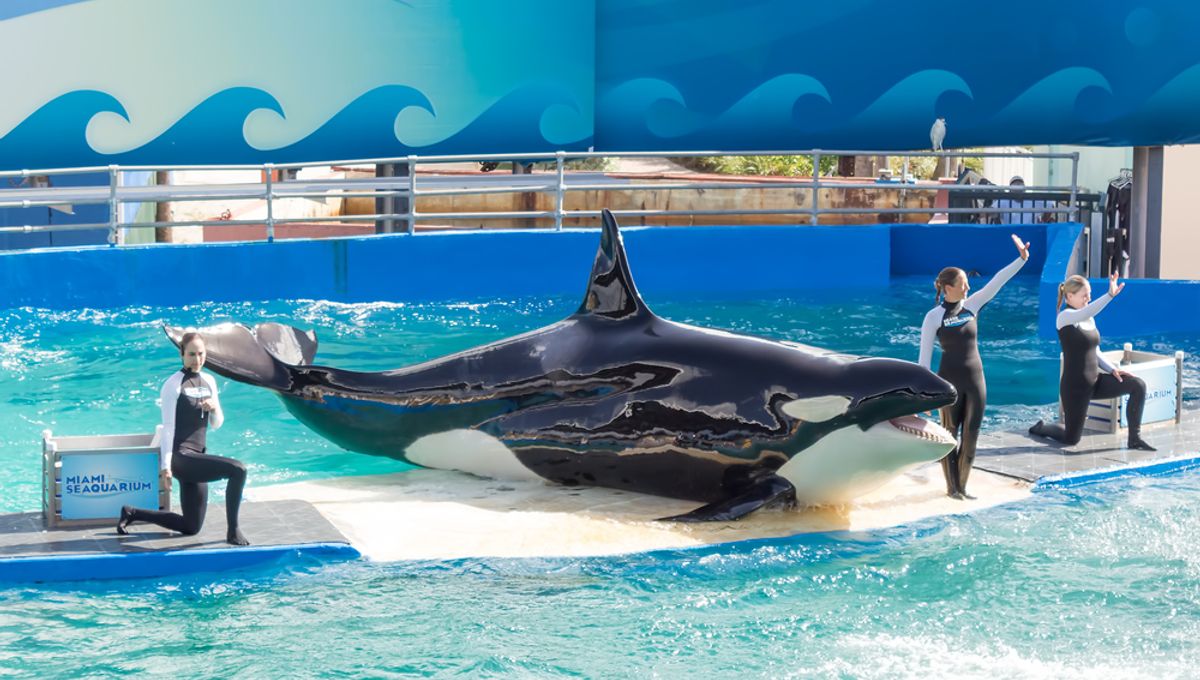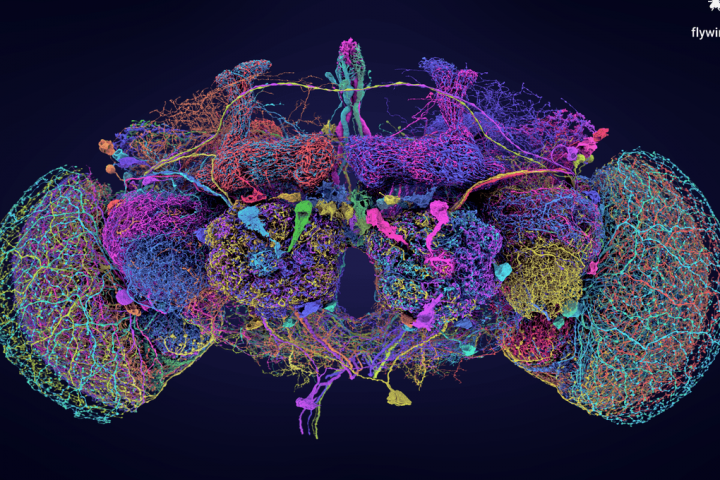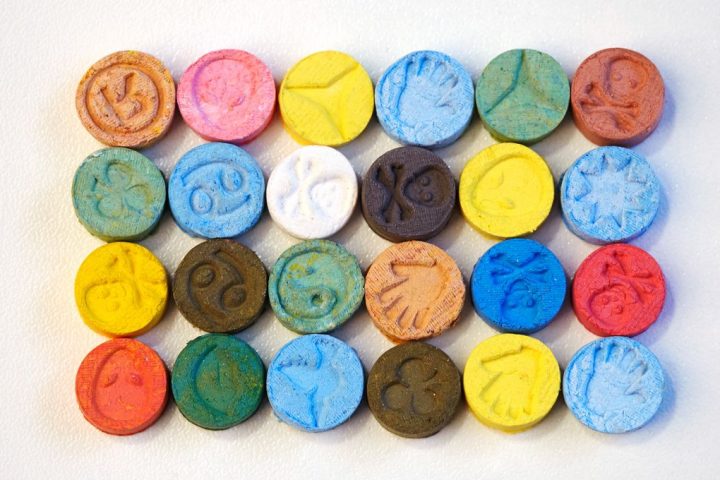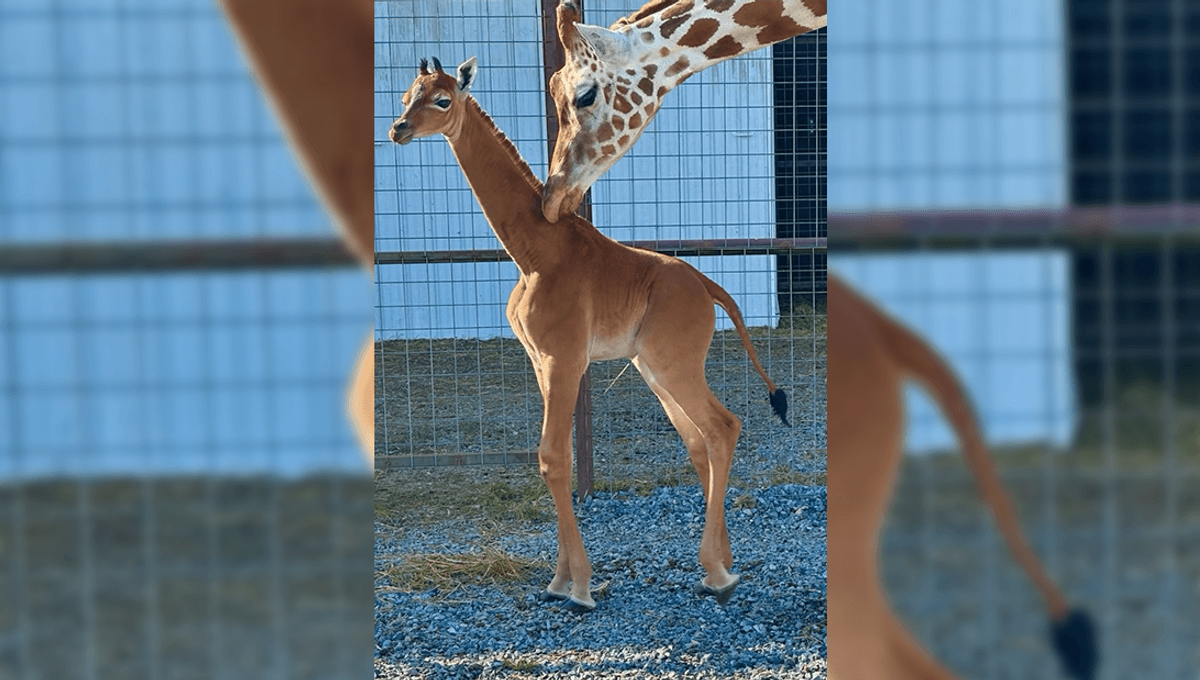The Miami Seaquarium, where Lolita was held captive, sadly announced in a heartfelt statement that despite their best efforts, Lolita passed away after showing signs of discomfort. This means she will never have the chance to reunite with the orca pod she was taken from at the tender age of 4.
Leading the charge for Lolita’s release was the non-profit organization Friends of Toki. After a decade of protests and legal battles, they succeeded in securing her freedom and returning her to her native home, where her 100-year-old mother was believed to still reside.
The Friends of Toki team expressed their deep sadness, stating, “Toki was an inspiration to all who heard her story, especially the Lummi nation who considered her family. Those fortunate enough to have spent time with her will forever cherish her beautiful spirit.”
This $20 million relocation effort was made possible thanks to the generous support of philanthropist Jim Irsay. In response to Lolita’s passing, Irsay said, “I am devastated by Toki’s departure. It was an honor to be part of the team working to bring her back to her Indigenous home. I find solace in knowing that we significantly improved her living conditions in the past year.”
In recent months, the orca’s pool underwent upgrades to enhance water filtration and temperature regulation. However, after spending five decades in captivity, one can’t help but question the conditions Lolita endured during her time as a performer.
Lolita belonged to an endangered group of orcas known as the southern resident killer whales, with only 73 individuals remaining in the waters between Washington and Canada. This group suffered a significant population decline in the 1960s and 70s when 45 orcas, including Lolita, were captured and sent to theme parks worldwide.
While Lolita’s story ended tragically, the discussion surrounding her release offers hope for other marine animals still held in these controversial theme parks. It also raises awareness about the unethical treatment of these highly intelligent creatures.








